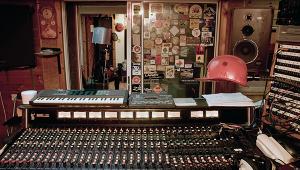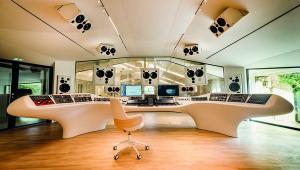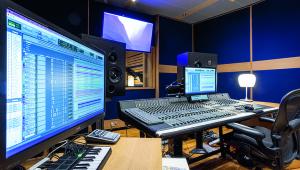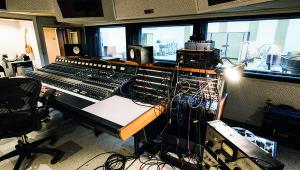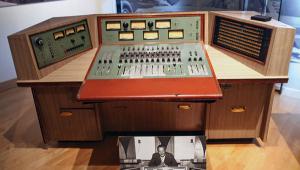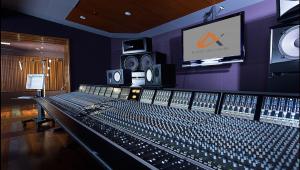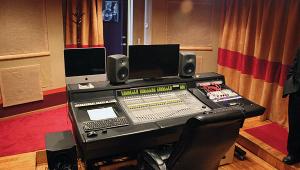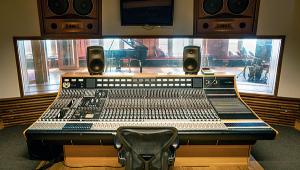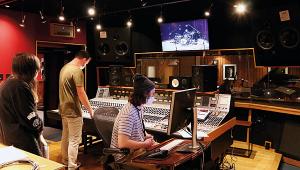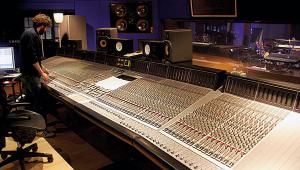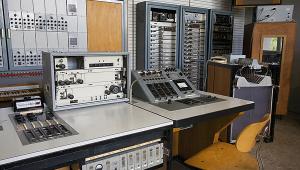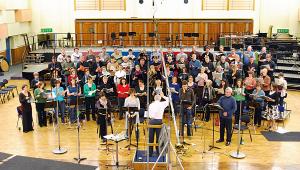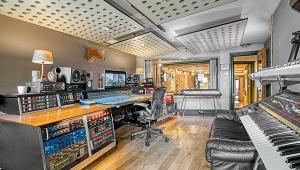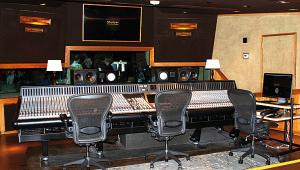Studio One Jamaica
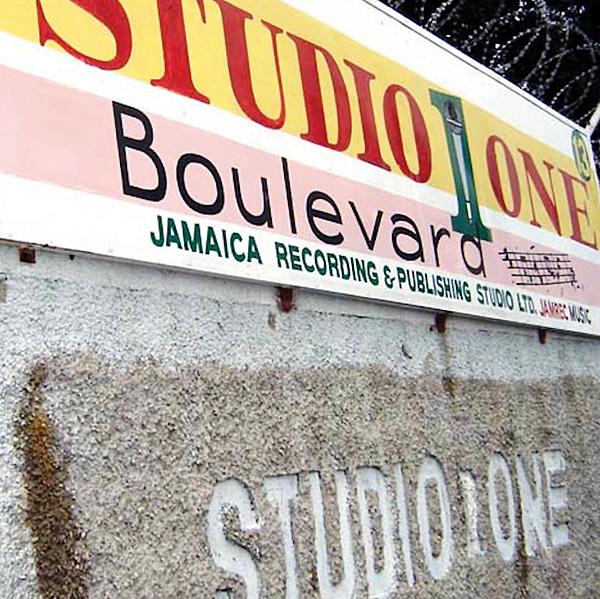
One of the many pleasures in collecting used vinyl 45s is coming across a Jamaican cut where the label has been deliberately defiled. What this usually means is that the artist and the title on both sides have been scratched out or ink-penned over so that the disc attains supreme anonymity.

On a platter made in the USA or UK, this wouldn't present that much of an obstacle to discovering the identities responsible for the music, but on many Jamaican records, especially those created in the '60s and '70s, there is seldom any of the familiar numeration stamped in and around the run-out grooves that mark the piece's catalogue number.
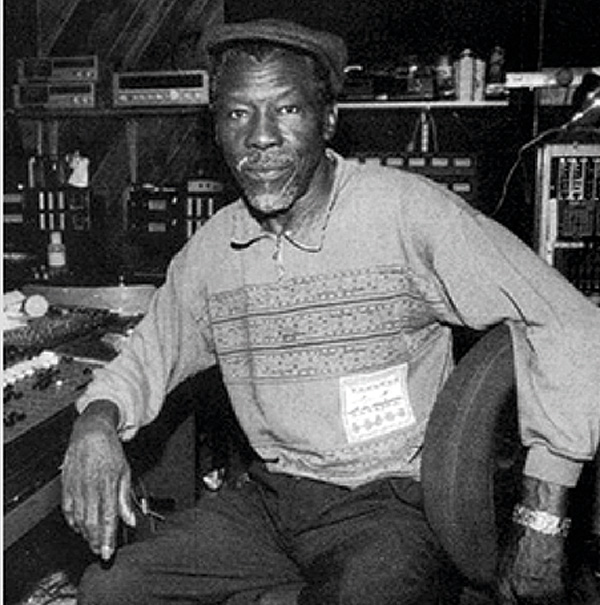
Therefore, the 45s I'm talking about are like archaeological artefacts and take a great deal of detective work in order to unearth their origins. Most of the time you just have to play them, figure out a phrase or two and embark upon an Internet investigation. Often, though – due to their listening condition and so forth – even extensive effort fails to come up trumps. But if you do happen to succeed in your mission, vinylistas will doubtless appreciate the sheer joy and sense of achievement which, of course, makes the music sound all that much more precious and magical.
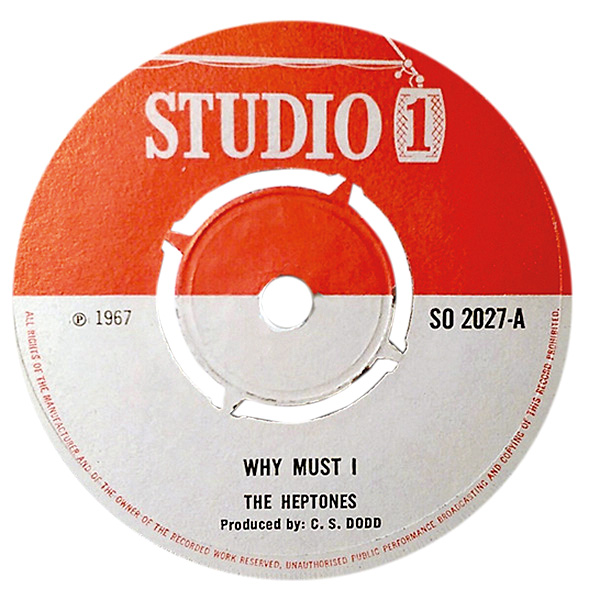
Spin Doctors
But who were the perpetrators of such vandalism in the first place, and why? Amazingly, it was the DJs, mostly those hosting the popular sound systems which played to packed crowds in Kingston et al. These were outdoor affairs, mostly just turntables and massive speakers playing songs for people to dance and drink to, folks who couldn't afford to go to nightclubs or buy their own records.
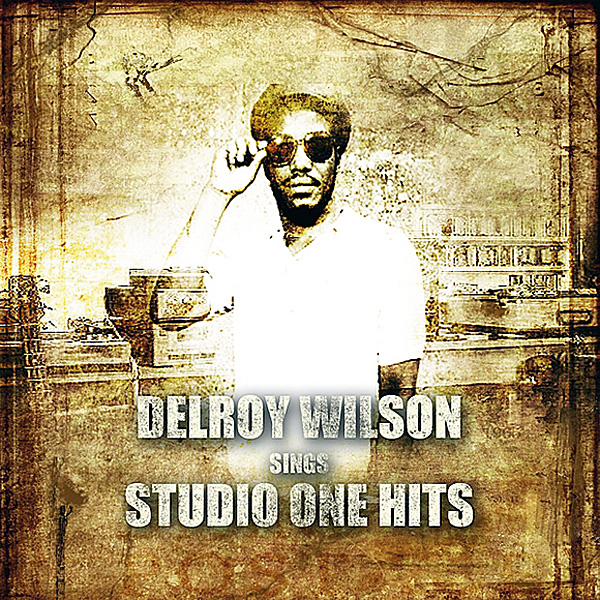
The sound systems were often in fierce competition with rivals and would fight tooth and nail and more to get their hands on the very latest and hottest releases. It was such a matter of pride to be the breaker of new beats, etc, and so paranoid were they that others would copy their style, cut a new version and steal their sounds, that the DJs would brutalise the labels on the discs they were spinning so no-one else would know what they were playing.
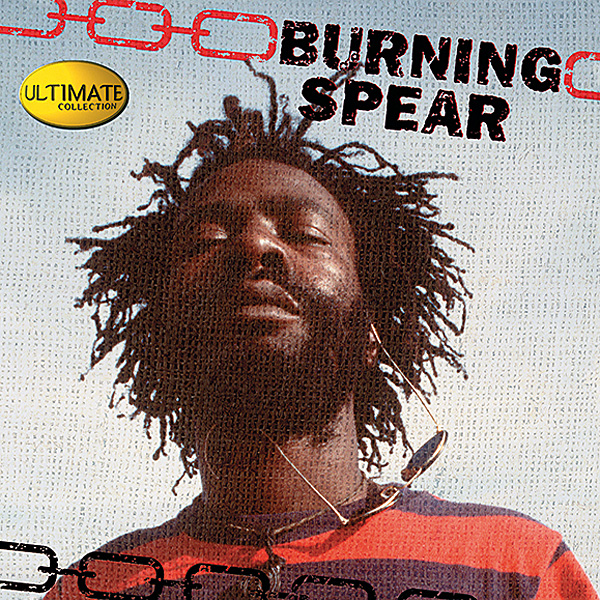
Blues Sky Thinking
One such character was a larger than life fellow named Clement Dodd, generally known by his nickname Coxsone, a moniker bestowed upon him by his buddies due to his similarity in style whilst playing cricket to Alec Coxon, who was a breakthrough star in the Yorkshire team at the time.
Dodd grew up a music fan, playing jazz records to the customers in his parents' shop, Nanny's Corner, a liquor store and restaurant in Kingston. During a spell as a labourer on sugar cane plantations in the American South he became a fan of the rhythm and blues music popular there at the time and when he returned home, he brought as many R&B records back with him as he could.
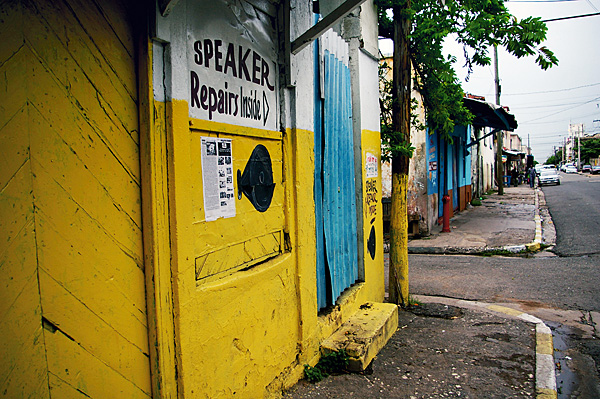
Spotting an opportunity, he began importing discs from New Orleans and Miami and, in 1954, after bringing back an amp, he set up Sir Coxsone's Downbeat Sound System which expanded into some kind of empire with five Coxsone-owned systems playing to crowds every night. His mother Doris Darlington ran one, while the others were helmed by such luminaries-to-be as Lee 'Scratch' Perry, U-Roy and Prince Buster, who was handy with his fists – a boon when it came to seeing off the opposition.
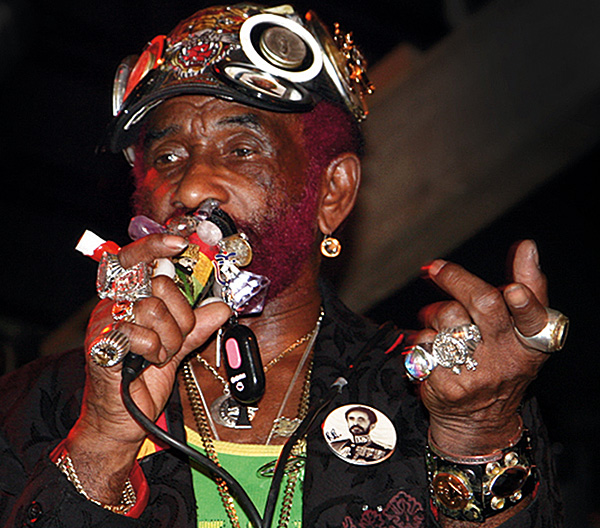
At this time the leading sound system was that of Arthur 'Duke' Reid (aka The Trojan), a former policeman and friend of Dodd's parents who would carry a shotgun over his shoulder. Dodd had done guest spots, spinning his records on Reid's set, but when he decided to set up on his own he quickly became Reid's biggest competitor.
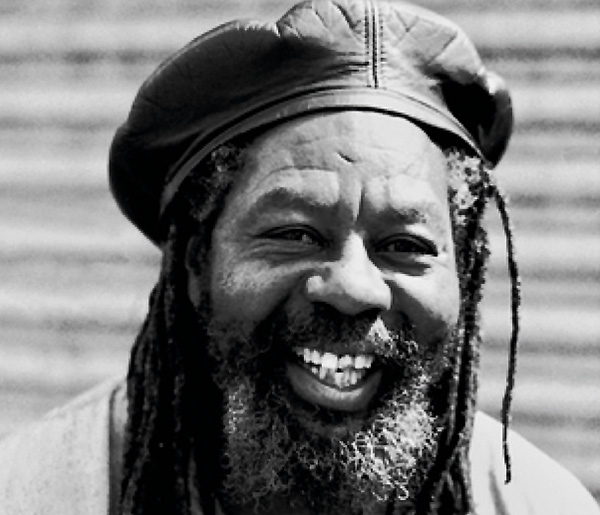
One Direction
By 1956, the R&B craze had died down in the United States and new records were hard to come by so Dodd took the decision to create his own cuts by using raw local talents from places like the Catholic Reform institution Alpha Boys School, where lads abandoned by their families were schooled in playing jazz.
